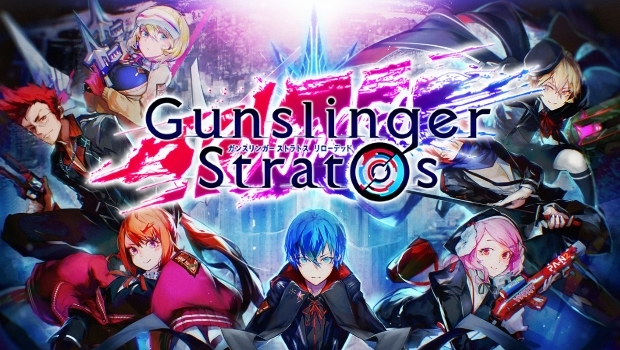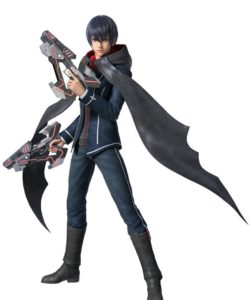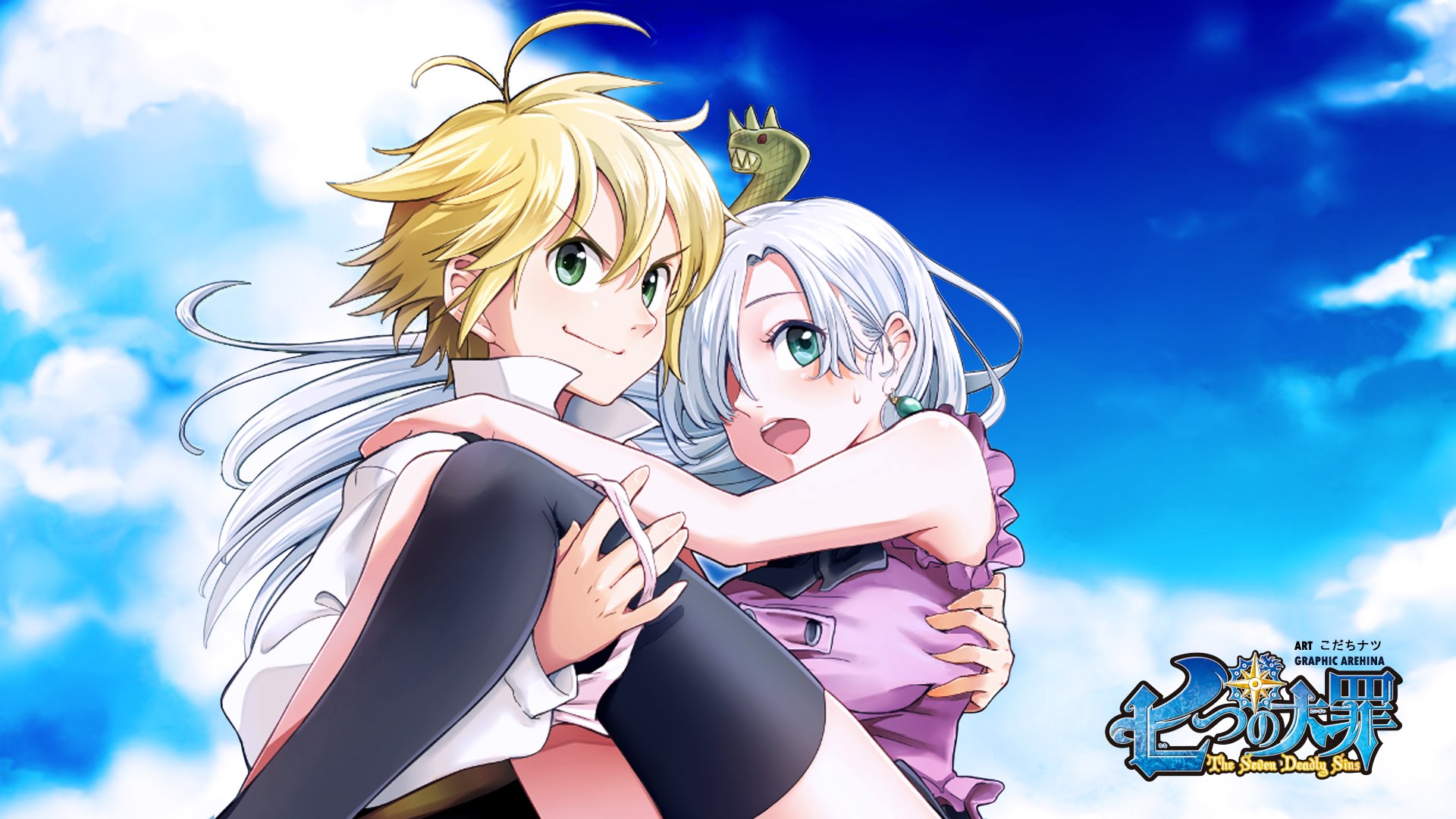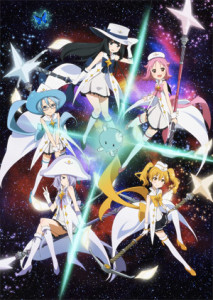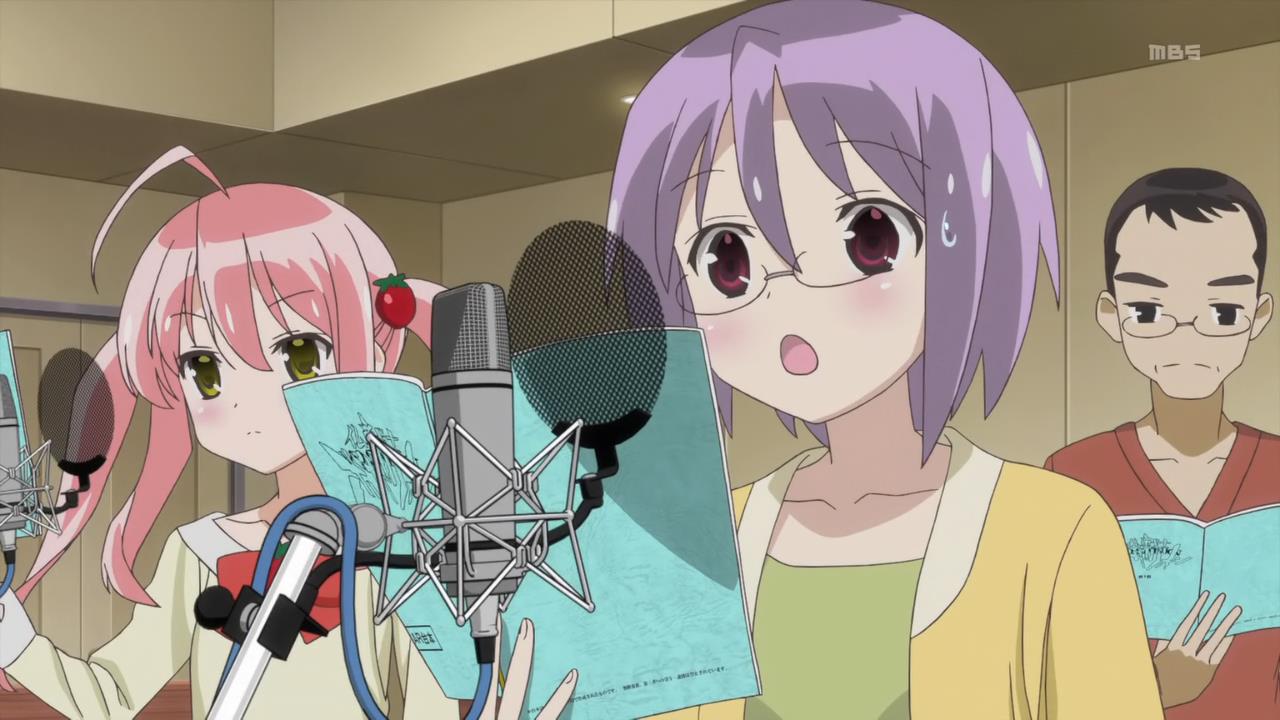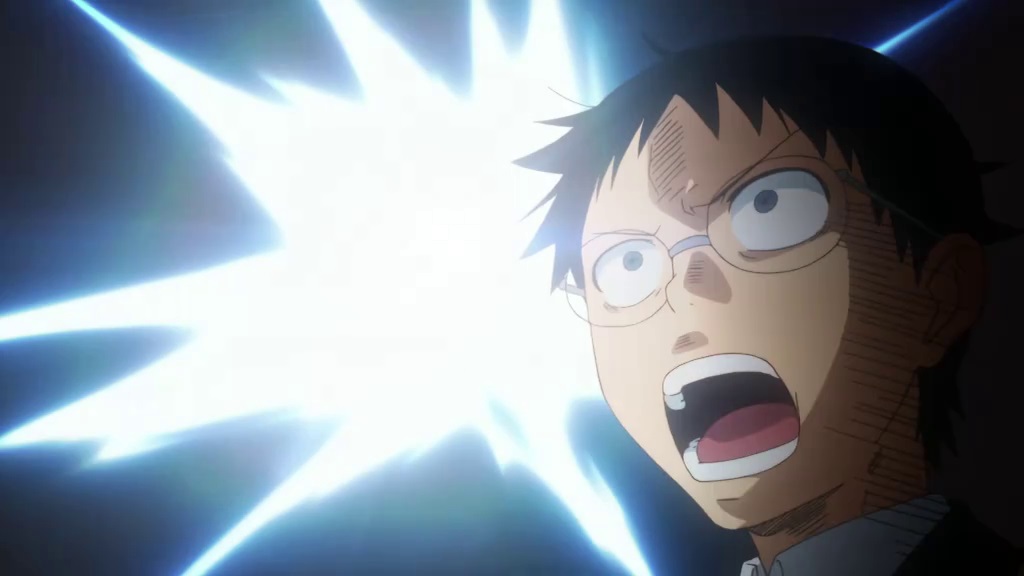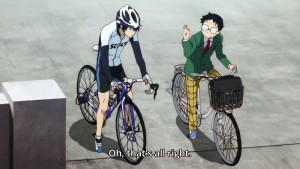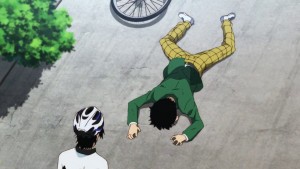I liked Your Lie in April, more or less, though the lie turned out to be very stupid. I’ll be writing my full thoughts including spoilers so here’s the spoiler-free gist before I start: you should watch Your Lie in April if you like classical music, love triangles and long drawn out tragedies and avoid it if you don’t like any of these. Any spoiler you read after this point is your own responsibility.
Plot (according to Amazon) Kosei Arima was a piano prodigy until his cruel taskmaster of a mother died suddenly, changing his life forever. Driven by his pain to abandon piano, Kosei now lives in a monotonous, colorless world. Having resigned himself to a bland life, he is surprised when he meets Kaori Miyazono, a violinist with an unorthodox style. Can she bring Kosei back to music, and back to life?.
So basically it’s a romantic slice-of-life coming-of-age show all in one, about growing up and letting go of the past and embracing ones emotions etc etc. That sort of thing. TBH I was mainly watching for the awesome classical music sections because some of the plotlines were a bit hard to swallow:
- Somehow it’s okay to physically and mentally abuse your son if you’re dying and only want the best for him. After all you’re his only parent (not true) and he’ll starve otherwise (not true) and there’s no other path for him in life except music (also not true).
- No matter how much you beat and abuse your son, once he meets the right cutie-pie who forces him to play the piano again he’ll be right as rain. Not only that but he’ll also be better able to face the violent, crazy young ladies who will fall in love with him later down the line.
- Love fixes everything including grief, parental neglect, long-term abuse and lasting mental trauma. If you have a problem it’s because you just haven’t met the right person yet.
- Play enough music and everything will be all right with the world.
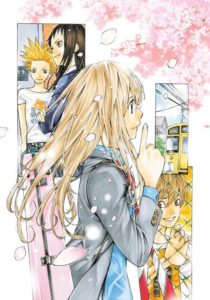 But still the concert/contest episodes were excellent and the characters weren’t too dumb (plus they’re only fourteen), so I tried to move past the facile way everything was resolved in the show.
But still the concert/contest episodes were excellent and the characters weren’t too dumb (plus they’re only fourteen), so I tried to move past the facile way everything was resolved in the show.
The love triangles were a bit ridiculous because from the perspective of the viewer it’s blatantly obvious Kaori liked Arima and wasn’t particularly interested in Watari as a romantic prospect. It’s also clear Kousei doesn’t like Tsubaki that way and that Tsubaki herself didn’t see him romantically until a potential rival showed up then she’s all like “He’s mine!” So that part just had me rolling my eyes non-stop. But in a way it’s natural for 14-15 year olds to worry their heads over that kind of thing and miss the woods for the trees.
TBH I thought Your Lie in April would have been better off as a 13-episode series instead of a 22-episode one. It was obvious by the 10th episode that Kaori was dying and that, as a Japanese show, they were definitely going to kill her off instead of miraculously saving her. So go ahead and kill her then. Why stretch it out 12 episodes past its due date? Because they just wouldn’t end it, they ended up having to find things to fit into the space the show would have been better off without (yes I know it was originally mangaka Naoshi Arakawa’s fault, but it’s the anime I watched so it’s the anime I’m reviewing).
The whole sequence with Kousei helping his rival’s little sister find herself was really not necessary to the show (except to show us who will be filling Kaori’s shoes when she’s gone, sorry Tsubaki!). If Nagi had to be in the show her arc could have been done in one episode, one and a half at most. The stretching out means that key characters like Kaori (!!) and Tsubaki and Watari all go out of focus for long stretches during the eps 14-22 gap, making it appear forced and unnatural when they suddenly show up again like they’d never left.
 The stretch also means there’s a lot of meandering and repetition. Does Kousei want to go see Kaori in the hospital or not? Sometimes he does, sometimes he doesn’t, sometimes he goes, sometimes he doesn’t. Is she dying or not? She’s dying, no she’s not, she’s dying, no she’s not. Over and over again. A shorter, tighter series would have left a bigger impact on me.
The stretch also means there’s a lot of meandering and repetition. Does Kousei want to go see Kaori in the hospital or not? Sometimes he does, sometimes he doesn’t, sometimes he goes, sometimes he doesn’t. Is she dying or not? She’s dying, no she’s not, she’s dying, no she’s not. Over and over again. A shorter, tighter series would have left a bigger impact on me.
Well anyway, long story short, power of love and all that, Arima Kousei finally regains his piano-playing skills and learns to play pieces that powerfully move his audience by channeling all his emotion into them. Btw, it was never resolved whether he could hear himself play or not by the end, but it doesn’t really matter because LOVE IS EVERYTHING. Even if your mother beat you and verbally abused you, it’s okay because she loved you! And in the end Kaori FINALLY died like she’d been telegraphing for the past 12 episodes. Her death was quite tastefully handled in a beautifully symbolic way, almost worth the long wait (well not really).
If it had ended with her just dying and Arima moving on, well I was still on board at that point. But at the very end, episode 22, the author seemingly realized s/he had to explain why the series is called Your Lie in April. Well it turns out Kaori was lying about liking Kousei’s friend Watari and had actually been interested in Kousei since childhood. But she knew Tsubaki would never introduce her to Kousei and she was too chicken to contact him herself, so she told a single lie: “Kaori likes Watari” and thus wormed her way into his life.
 Two problems with this. First, we viewers knew already that she liked Kousei. She didn’t seem that interested in Watari to begin with, or him in her either. More importantly, the backstory Kaori tells about having seen Arima Kousei play at a recital many years ago is almost exactly the same as the backstory for another character, Emi. The only difference is Emi chooses to play the piano to confront Arima while Kaori switches to the violin so she can play alongside him.
Two problems with this. First, we viewers knew already that she liked Kousei. She didn’t seem that interested in Watari to begin with, or him in her either. More importantly, the backstory Kaori tells about having seen Arima Kousei play at a recital many years ago is almost exactly the same as the backstory for another character, Emi. The only difference is Emi chooses to play the piano to confront Arima while Kaori switches to the violin so she can play alongside him.
This means while it’s an interesting thing to know, it’s hardly an earth-shattering revelation worthy of being brought up at the very end of the show. If Emi hadn’t done it first it would have been amazing, but now it’s like “Okay?” They should have left the story at Kaori’s death and kept her something of an enigma till the end IMHO.
Anyway, those are my criticisms. I still watched Shigatsu wa Kimi no Uso till the end and enjoyed it, so take them as the nitpicks of a fan, not a complainer. I already mentioned that the classical music was great, especially for someone who dabbles in the piano (I play Hanon every day too! But I’ve never seen any sunflowers or cherry blossoms burst out when I play. What am I doing wrong?) The whole soundtrack was fantastic and highly enjoyable as a result.
The use of color (to signify emotions) and trains (to represent leaving/going on a journey) was a little heavy-handed and overdone, but also easy to understand. As with most overwrought tragedies the characters are also quite memorable, if only because they’re in your face so much all the time. As an extra plus it was a romance without any panty-flashing or accidental gropes or any other inappropriate content, just a nice, clean all-ages kind of show. It might bore or frighten younger viewers because of the unhappy topics and slow pace, but it’s good watching for anyone else. Your Lie in April is highly recommended for music and romance lovers with a lot of patience and the ability to overlook ridiculous Aesops.
And if you really enjoyed it, also check out Nodame Cantabile (if you liked the classical music+romance side) and Socrates in Love (if you liked the romance+dying aspect).

